Exact Answer: 12 Months to A Few Years
While it is about stocking up on the kitchen pantry essentials, everyone understands that there’s nothing as beneficial as canned foods. These staples are very affordable and easy to cook. They are also essentially a must-have if anyone is filling up their pantry with non-spoilable items that have a great shelf life, especially in the cases of an emergency.
Canned goods can last long if kept in good conditions. But that doesn’t certainly mean that they’ll still taste the best after ten years. Several factors limit the shelf life of canned products, but usually, more acidic foods will spoil sooner, while low-acid canned foods will retain for longer.
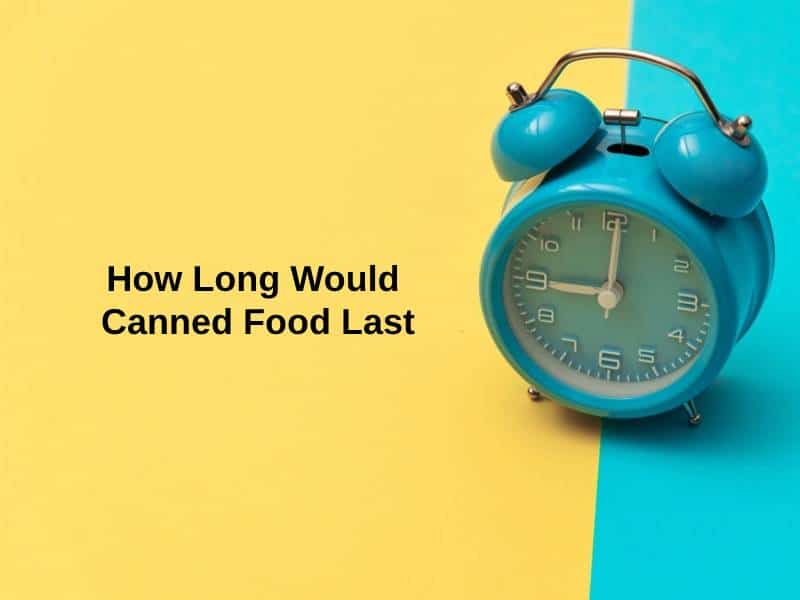
How Long Would Canned Food Last?
| Type Of Canned Food | Duration (in the shelf before, in the refrigerator after) |
| High Acid Canned | 12 to 18 months before opening, 5 to 7 days after opening |
| Low Acid Canned | 2 to 5 years before opening, 3 to 4 days after opening |
| Home Canned | 1 year before opening, 3 to 4 days after opening |
There are varieties of canned products, each of them has its exceptions.
High acidic canned foods, tomatoes, juices, and fruit-based products. Fruits like apples, peaches, pears, grapefruit, and pineapple. Pickels and various types of berries. On treated with vinegar-based preserves or dressings, these foods will be good before unsealing the can for 12 to 18 months, but after opening, they will last for 5 to 7 days only in the refrigerator.
Low acid canned goods include products such as canned meat and poultry, stews, soup (exception: tomato soup), pasta, as well as vegetables such as potatoes, spinach, beans, corn, carrots, beets, peas, and pumpkin. These canned products will last for 2 to 5 years before unsealing and will last 3 to 4 days on storing after opening in the refrigerator.

Home Canned Food, in case, anyone is canning food at home, they must know that these foods will last up to a year as sealed. Before using, boil at 10 minutes for high-acid foods and 20 minutes for low-acid foods as a precaution even though there are no signs of spoilage. After unsealing, home-canned foods can last up to 3 to 4 days in the refrigerator.
Storable canned ham (example: Spam) can last up to 2 to 5 years before unsealing. After opening, it will be consumable for 3 to 4 days stored in the refrigerator.
Why Would Canned Food Last That Long?
Canned foods stored in good condition are reliable to eat endlessly. But, various constituents may affect their shelf life, such as can corrosions and rust, high temperatures, and other container problems. Many canned foods will experience flavor and texture variations and may ultimately lose their nutritional purpose. That’s why it is preferable to consume different types of canned products at a specific time for the best condition.
Hence, the “use-by” or “best-by” dates printed on the cans are for quality but not safety. So the question lies here if it is safe to eat canned food past its “expiration” date? canned products beyond their “best by” date may not taste original, there is no actual health risk in consuming canned goods as long as they stay in good condition. One must make sure not to buy any bulging, dented, rusted, or leaking cans.

Always store canned foods in a cool, dry place and never store them in any location exposed to low or high temperatures, or somewhere under the sink, above or beside the stove, or in any damp place. After opening the canned products, one must make sure to store leftovers or remaining portions in the refrigerator for the best preservation of quality and flavor. Better to store it in a glass or a plastic storage container.
Conclusion
A better way to maintain home-canned food is to choose a process that rotates the products in a way that one will use the oldest foods first. This procedure is understood as First In – First Out. It means that the first or old products bought are the first items to use.
Food rotation is an outstanding tool for prepping, and it helps keep the quality of food at its essential while minimizing the risk of food spoilage and food-borne ailments.
In an emergency food situation, it is best to remain safe rather than risk health issues due to food spoilage.
With the prolonged lifetime of most commercially canned foods and products, with an honest food rotation method, one can stock their emergency food closet with products that they use. Commercially canned food is less pricey than freeze-dried meals. But with a little preparation, preppers can accomplish the same or better results while cutting prices and stocking up on quality, nutritious emergency foods.

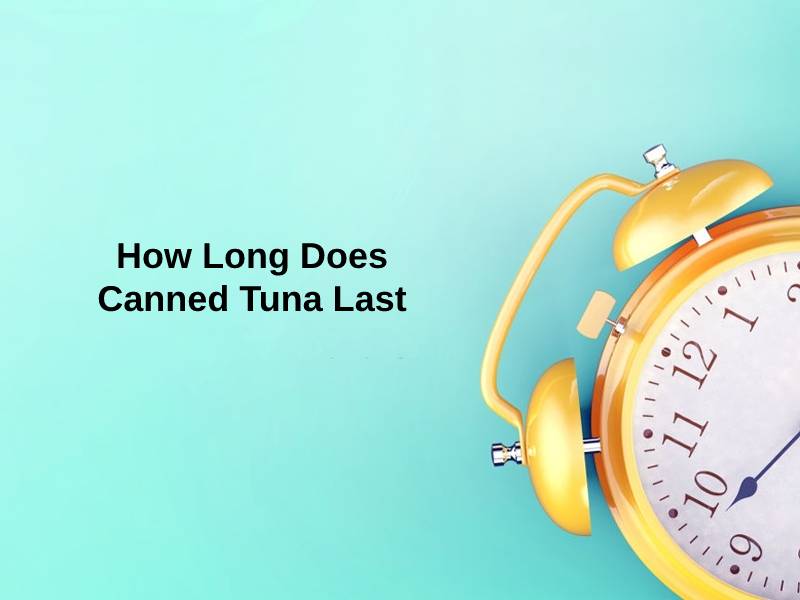


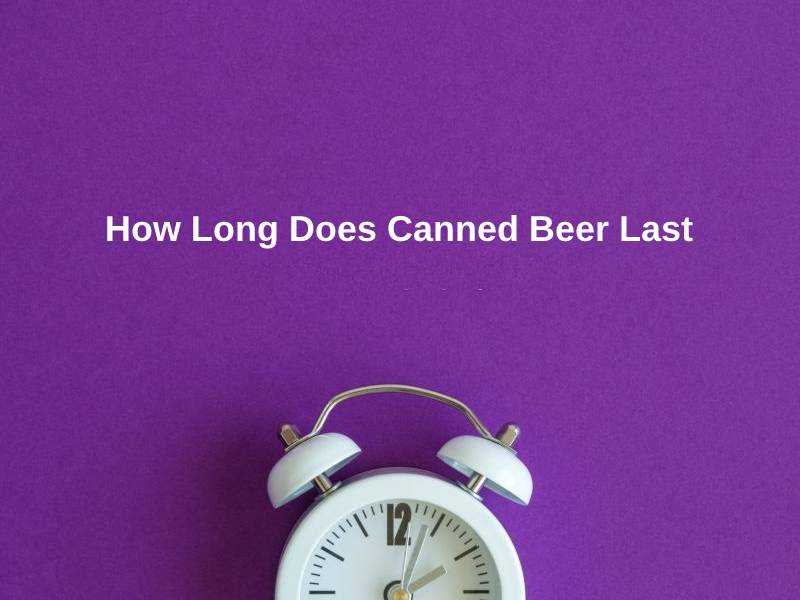
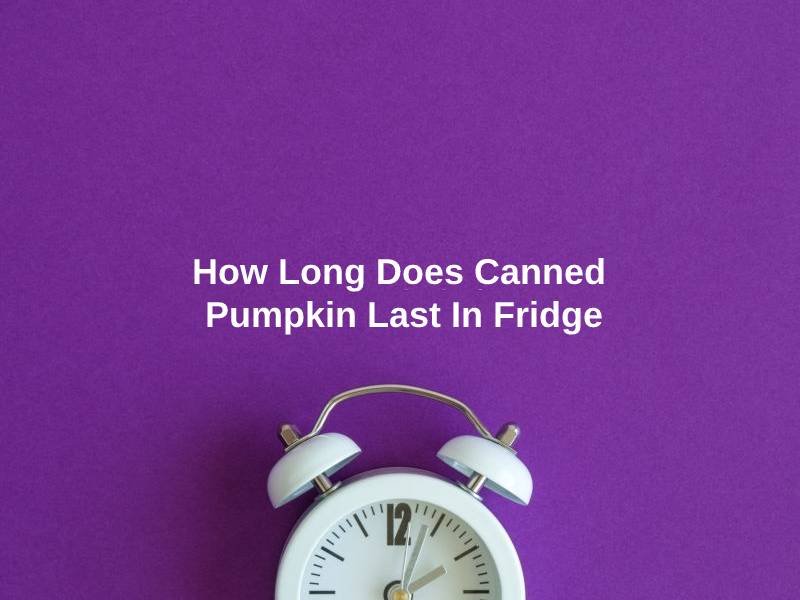
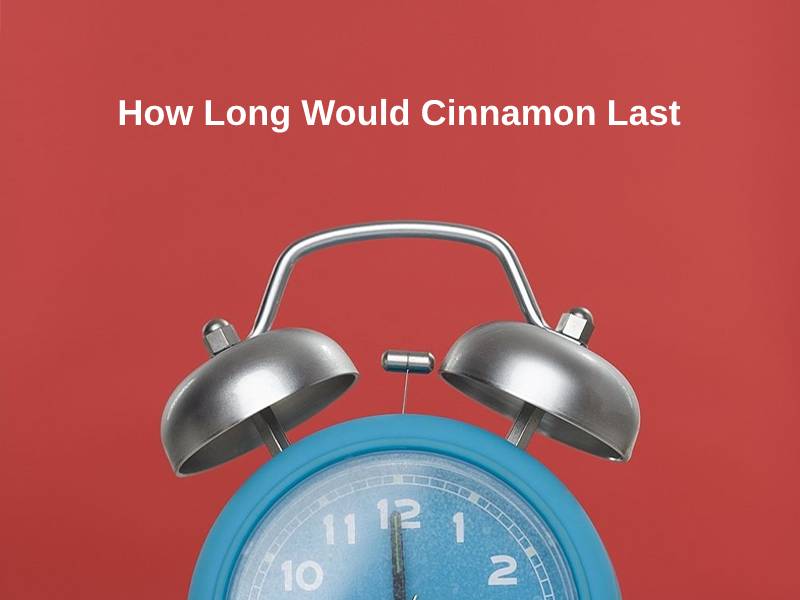
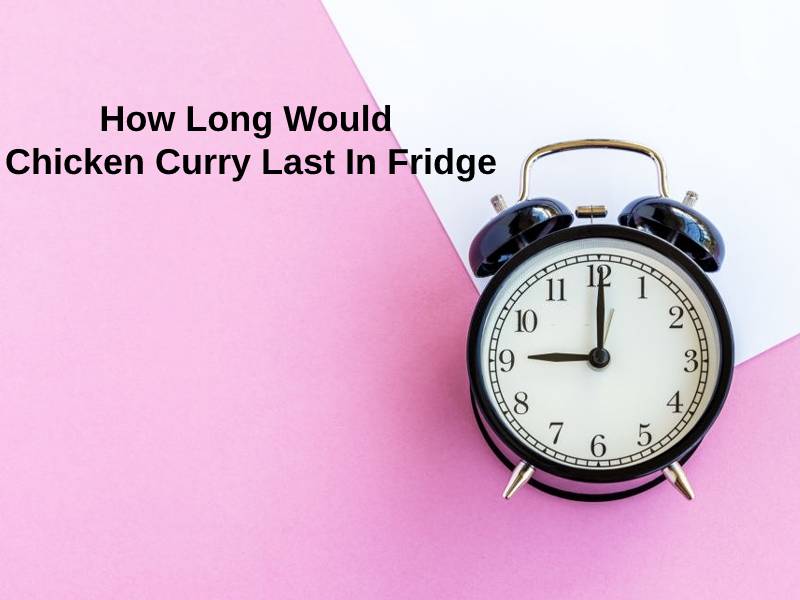
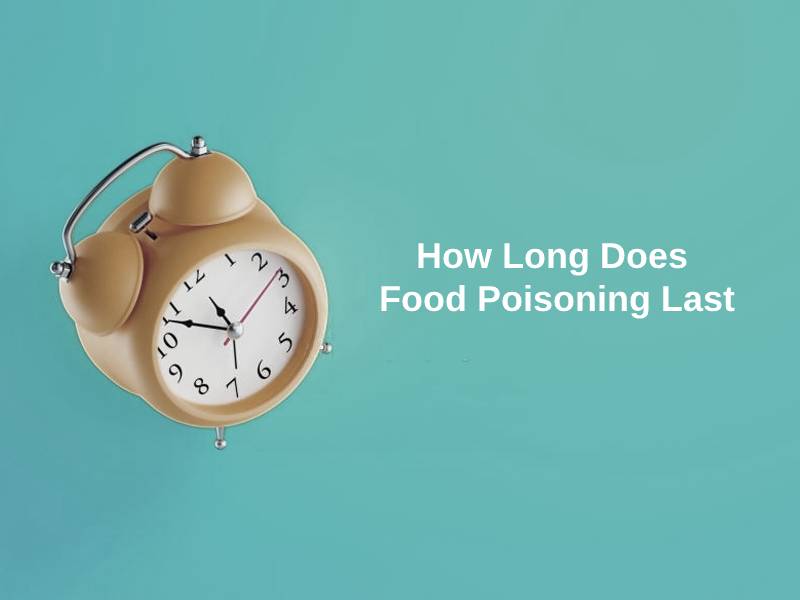

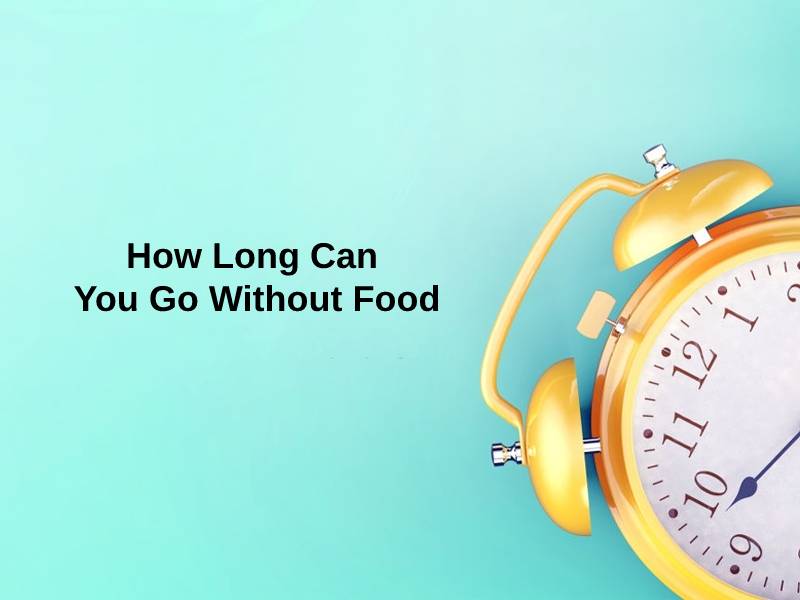

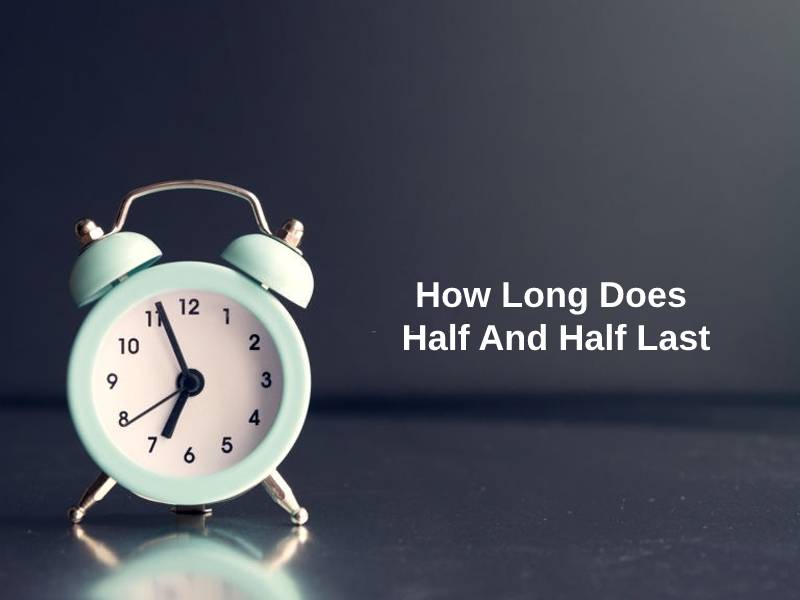
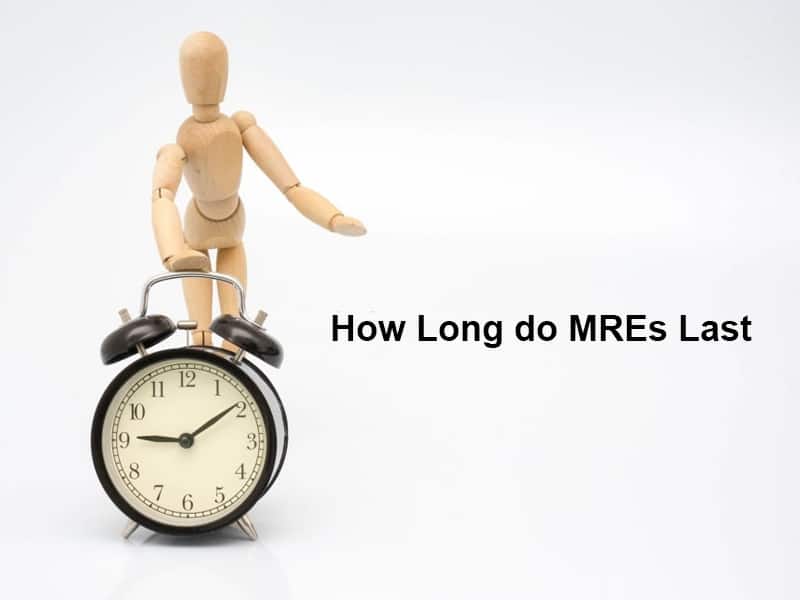
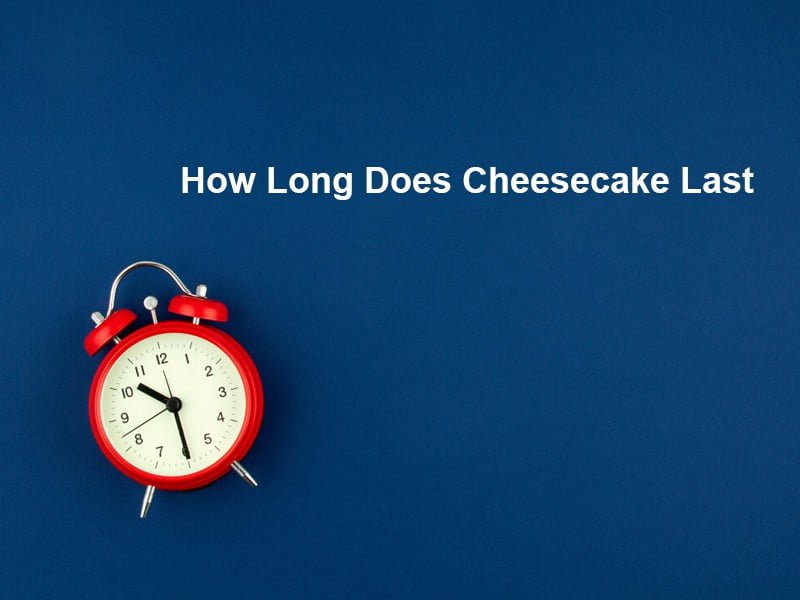
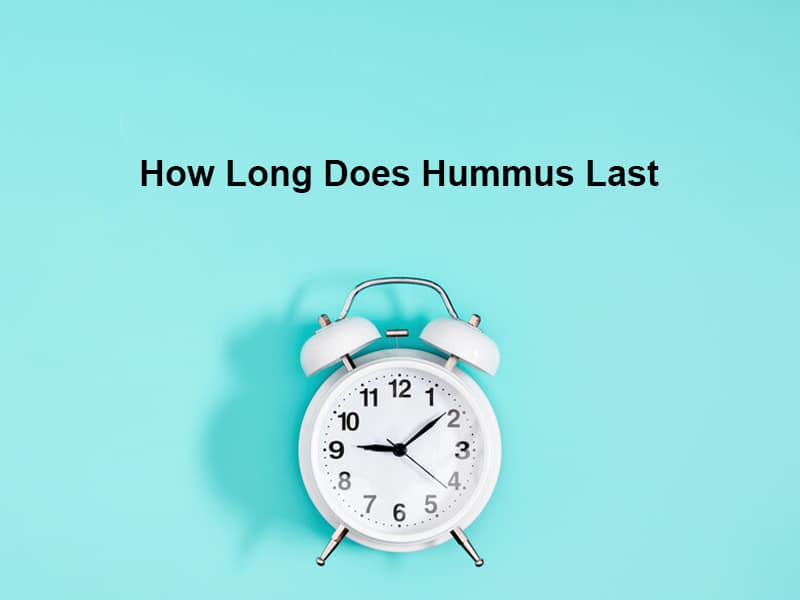
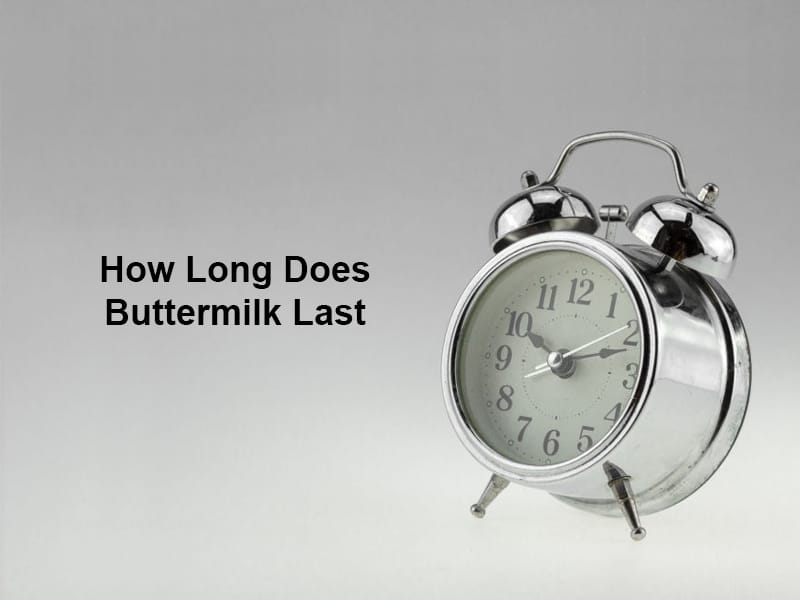
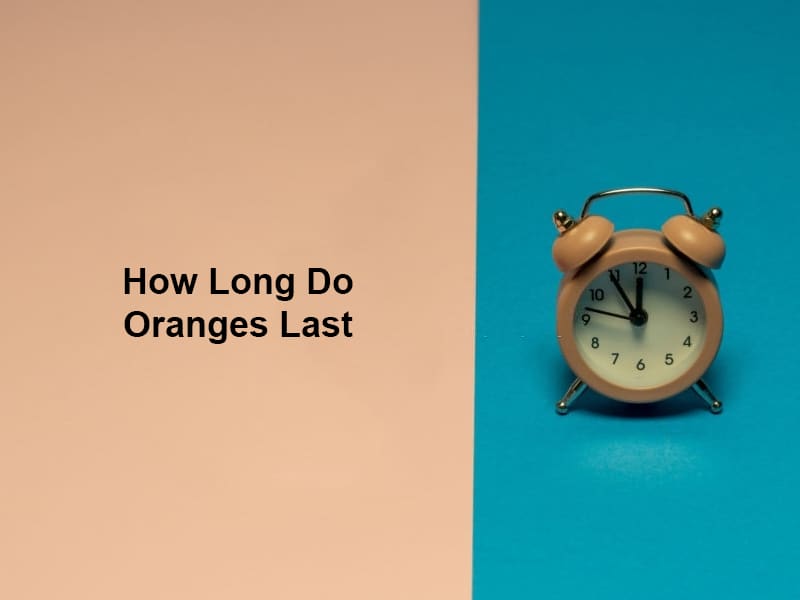
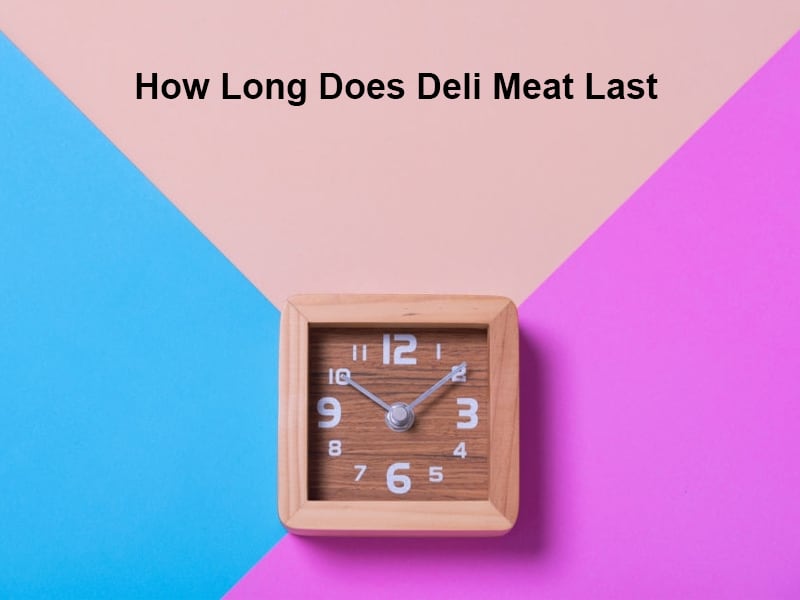

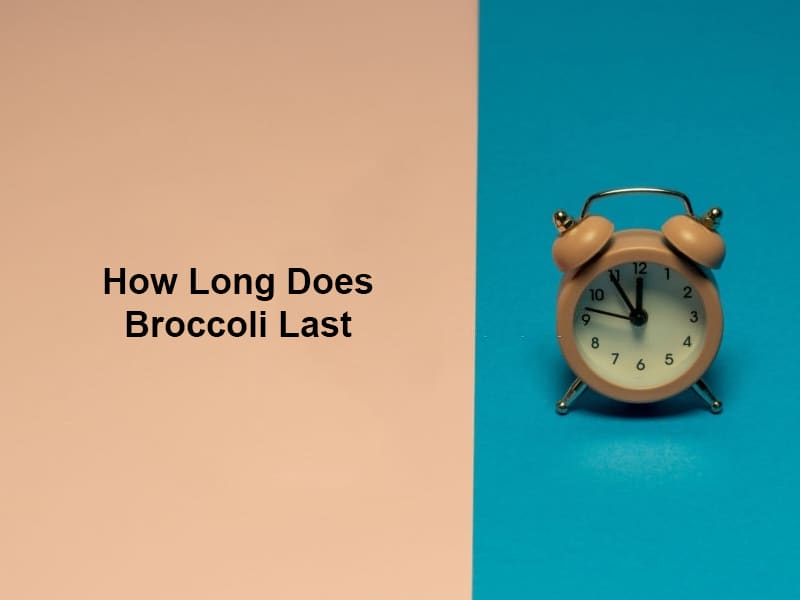
The distinctions between high and low acid canned foods are essential to understand. This article provides valuable insights for maintaining food quality and safety.
Absolutely, it’s crucial to be aware of the factors that influence the longevity and safe consumption of canned goods.
This article provides essential information on the shelf life of canned foods. I believe it’s crucial to be well-informed about food safety and preservation methods.
Absolutely, understanding the principles of food rotation and safe storage practices can prevent unnecessary wastage.
I agree. Proper knowledge of food storage and preservation can lead to more efficient and safe consumption.
Thank you for sharing this insightful article about canned food storage and shelf life. It’s crucial for everyone to know this information.
I agree, it’s always good to learn more about kitchen pantry essentials and the safety of canned foods.
This article provides great guidelines for understanding how long canned foods last. Very informative and helpful.
The insights on home-canned food are particularly valuable. This article encourages thoughtful consideration of the best practices for storage and use.
I completely agree. The article emphasizes the significance of maintaining high standards for canned food quality and safety.
I appreciate the emphasis on proper storage and handling of canned goods. This is essential knowledge for anyone stocking their pantry.
The detailed explanation of why canned food lasts for varying durations is enlightening. This article encourages responsible and informed consumption.
I appreciate the attention to detail in this article. Understanding how to maintain the quality and safety of canned foods is indispensable for everyone’s knowledge and practice.
Absolutely, this article serves as an important resource for promoting informed and responsible consumption of canned goods.
I couldn’t agree more. The insights offered here are paramount for ensuring safe and efficient storage and use of canned foods.
I appreciate the detailed breakdown of the shelf life of different types of canned foods. It’s important to know how to store and consume them properly.
Absolutely, understanding the nuances of canned food storage can prevent food waste and ensure safe consumption.
I couldn’t agree more. This article offers valuable insights into the maintenance of canned food for long-term storage.
The information provided here is eye-opening. It’s essential to understand the longevity of various canned food products for safe consumption.
I find it fascinating to learn about the potential shelf life of home-canned foods. The article raised important points about proper handling and storage.